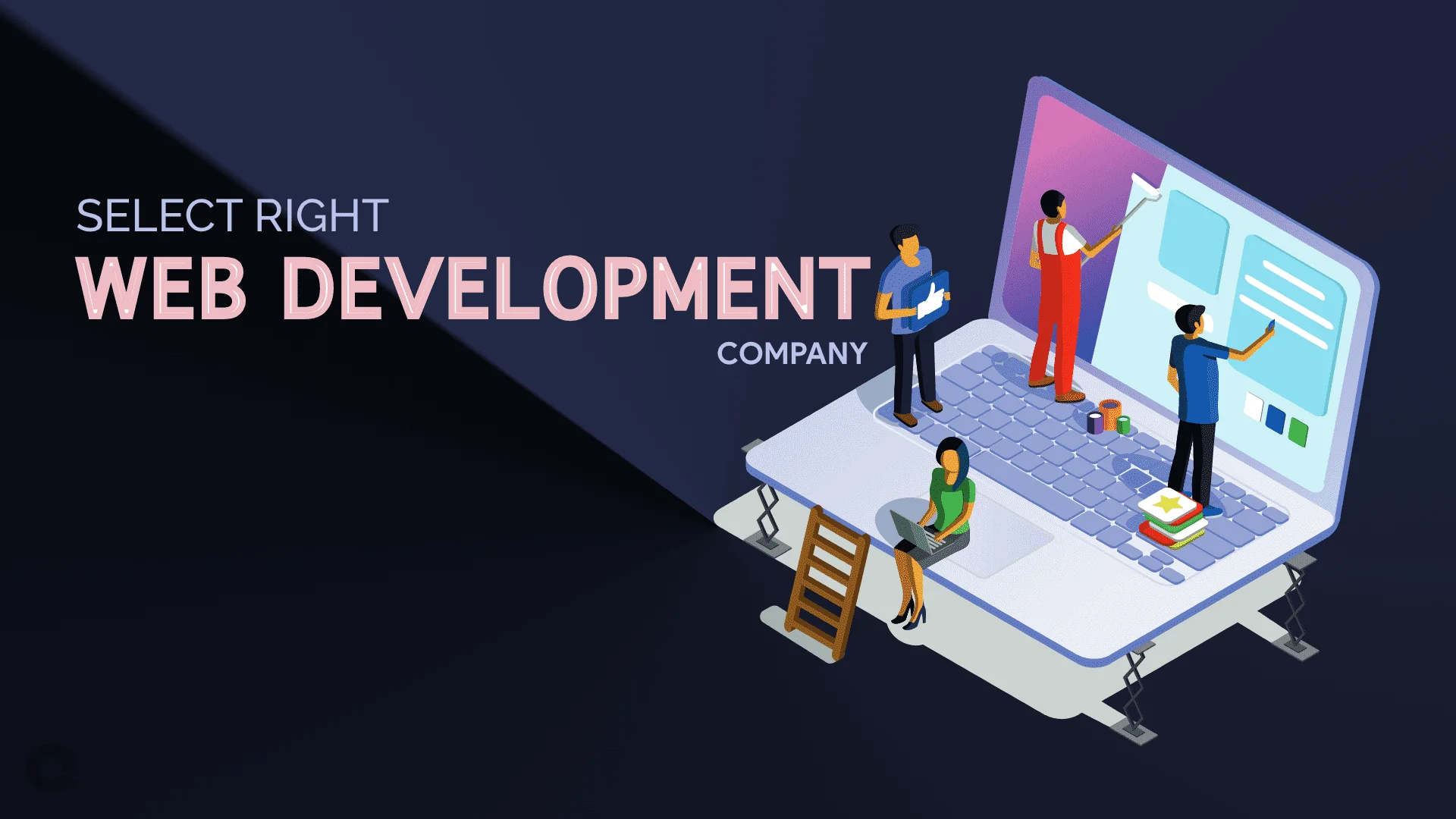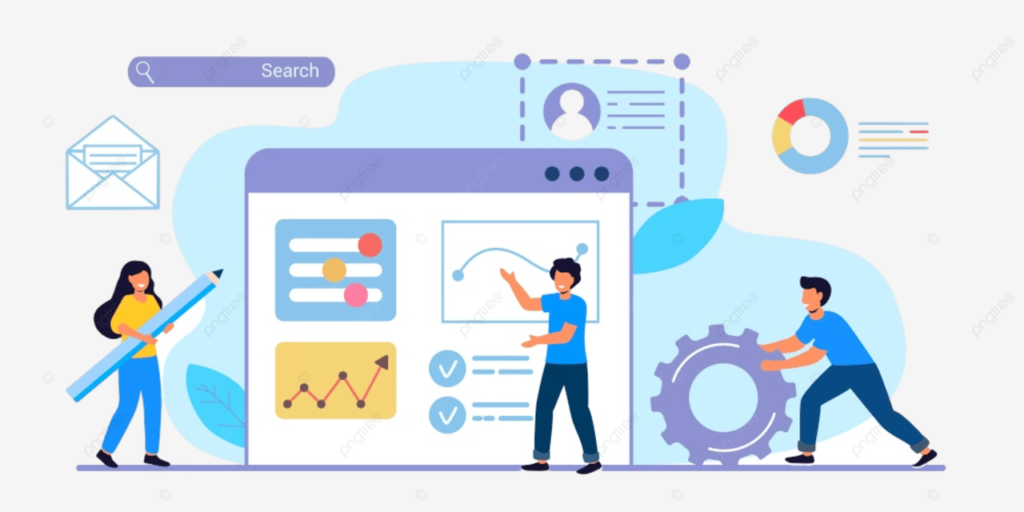ask@innovationscope.com
+20 1212 3133 16

- February 15, 2024
How to Choose the Right Web Development Agency?
In the vast digital expanse, where your website business is the first point of contact with potential customers, selecting the right web development agency becomes a pivotal decision.
Your website is more than just an online presence; it’s a platform that represents your brand, engages users, and drives business growth, so choosing the right web development agency is a critical decision that can significantly impact your success. In this article, We’ll guide you through the key considerations to ensure you make an informed choice.
1. Define Your Goals:
Before finding a web development agency, clearly define your goals and requirements. Are you looking to build an e-commerce platform, a company website, or a specialized web application? Understanding your objectives will help you communicate effectively with potential agencies and ensure they have the expertise you need.
2. Check The Agency’s Portfolio:

A reputable web development agency should have an extensive and diverse portfolio showcasing their previous work. Reviewing their portfolio allows you to assess the quality of their projects, the industries they have worked in, and their range of capabilities. Look for examples that align with your vision and requirements. here’s a guide for you about signs to know the good website.
3. Technical Expertise:

Evaluate the technical proficiency of the right web development agency. Inquire about the technologies and programming languages they specialize in. A reliable agency stays up-to-date with the latest web development trends and can recommend the best solutions for your project.
4. Review Client Testimonials:
Client testimonials and case studies offer valuable insights into an agency’s reputation and the satisfaction of its clients. Look for reviews on independent platforms. The right web development agency will be transparent about its track record and happy to share success stories
5. Evaluate Communication:

Effective communication and collaboration are paramount for the success of any web development project. Assess how the agency communicates, responds to inquiries, and collaborates with clients.
The right web development agency will prioritize clear communication, keep you informed at every stage of the development process, and be dedicated to deadlines you already make.
6. Discuss Budget and Timeline:
Discuss your budget and project timeline with the right web development agency. A reliable agency will provide a detailed breakdown of costs and a realistic timeline for the project. Be wary of agencies that provide lower estimates than others, as this may indicate a lack of experience or hidden costs.
7. Maintenance and Support Services:

Websites require ongoing maintenance and support after the initial development phase. Inquire about the agency’s post-launch services, such as updates, security patches, and ongoing support.
The right web development agency will offer maintenance packages to ensure the long-term health and performance of your website.
8. Creativity of the right web development agency:
A successful website goes beyond functionality – it should also be visually appealing and innovative. We measure the agency’s approach to design and creativity. Look for an agency that can balance aesthetics with functionality, creating a unique and engaging user experience for your audience that meets your needs too.
9. Trust Your Instincts:
Trust your instincts when choosing the right web development agency. Pay attention to how well you connect with their team, their enthusiasm for your project, and their commitment to understanding your goals.
10. Understand the Development Process:

Seek clarity on the agency’s development process. A transparent and well-defined process indicates a structured approach to project management. Understand the steps involved, the milestones, and how they handle potential challenges. This insight will help you anticipate the workflow and ensure alignment with your expectations.
In conclusion, choosing the right web development agency requires thorough research, a clear understanding of your project’s requirements, and effective communication. By considering these key factors, you’ll be well-equipped to make an informed decision that aligns with your business goals and sets the foundation for a successful online presence.
